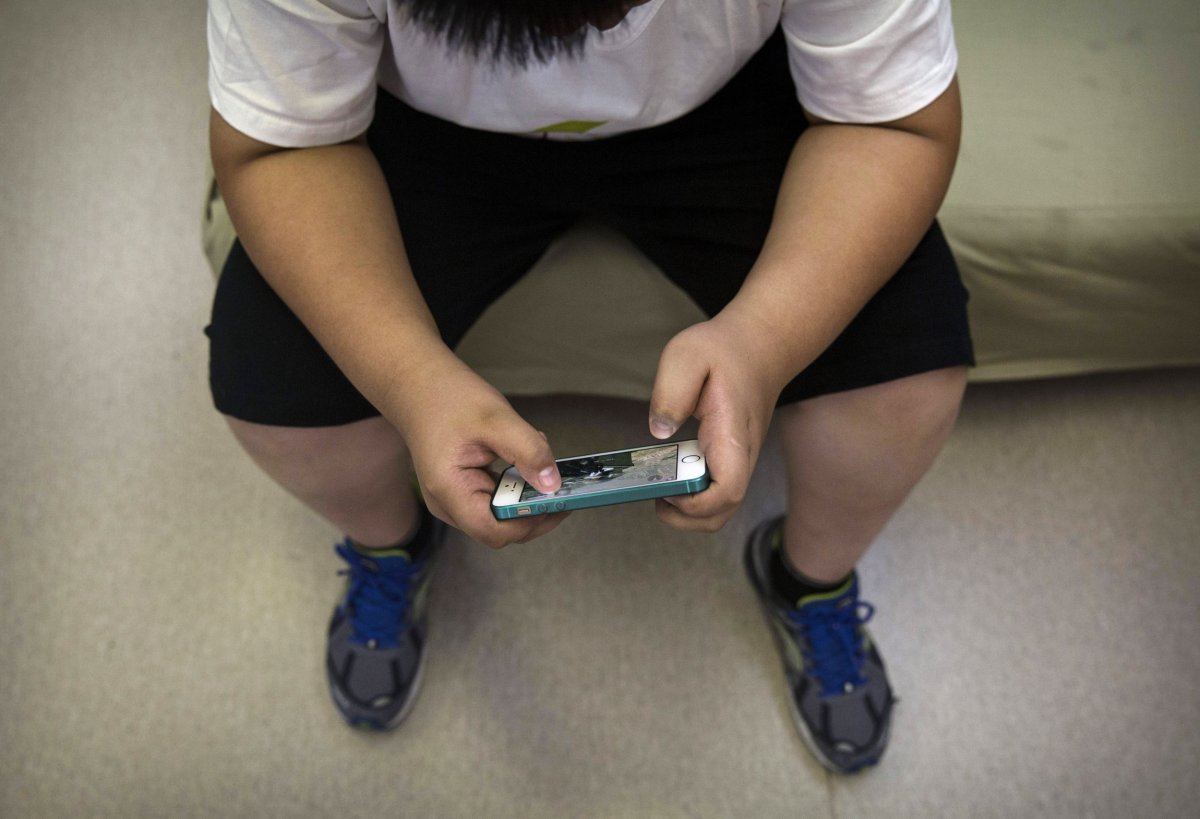Sleep is especially important for children and young adults, and yet another study has reinforced the idea that sleep deprivation in youths is associated with obesity later in life. The new research shows that poor sleep precedes weight problems, and therefore may be a risk factor of obesity and not a consequence.
The study is an analysis of 42 previous studies which covered 75,499 infants, children and adolescents who had their average sleep duration measured by either questionnaires or wearable technology. The team was particularly interested in how sleep duration affected changes in body mass index and followed this thread for an average of three years.
The volunteers were classified as either short sleepers or regular sleepers, with short sleep encompassing those who did not meet the most recent National Sleep Foundation Guidelines. This includes 12 to 15 hours for infants, 11 to 14 hours for toddlers, nine to 11 hours for school aged children, and eight to 10 hours for teenagers.
Related: Medical marijuana shouldn't be used to treat common sleep disorder, experts warn
Results revealed that short sleepers of all ages gained more weight and were 58 percent more likely to become overweight or obese when compared to those who met the current sleep recommendations, a university statement on the study reported. More importantly, this paper showed that the sleep problems occurred before the weight problems. This helps to show the "direction of effect" for sleep deprivation and weight gain, and strengthens the idea that sleep deprivation may cause obesity and weight gain, study co-author and Warwick Medical School professor Francesco Cappuccio told Newsweek.

Related: Insomnia: Bad sleep may start in your genes, large study finds
While it's not entirely clear why sleep may lead to obesity, Cappuccio explained that there are several hypotheses. The first is that poor sleep upsets normal hormone production, and in turn may increase appetite. In addition, poor sleep may increase glucose intolerance and insulin resistance, two hallmarks of obesity. Lastly, it may simply be that people who aren't sleeping are spending more time eating.
"Delayed sleep time is usually associated with more time spent in sedentary activities with snacking," said Cappuccio.
The study pointed out how obesity is now a global epidemic and childhood obesity can have not just physical health consequences but also psychosocial problems. Figuring out a way to reduce this prevalence is imperative. While some research suggested delayed school starts in order to help children and adolescents catch up on lost sleep, according to Cappuccio it's staying up too late, not rising too early, that is often at the root of sleep deprivation in young people.
"Lifestyle, lack of routines, social media, noise and light pollution in urban areas (just to name some) are all reasons for delaying sleep time and reducing total sleep time," said Cappuccio.
The answer to addressing childhood sleep deprivation, and perhaps childhood weight problems, may be ensuring that children have the best sleep environment, and that stay away from too much social media and bright screens late at night, Cappuccio suggested.
Uncommon Knowledge
Newsweek is committed to challenging conventional wisdom and finding connections in the search for common ground.
Newsweek is committed to challenging conventional wisdom and finding connections in the search for common ground.
About the writer
To read how Newsweek uses AI as a newsroom tool, Click here.








